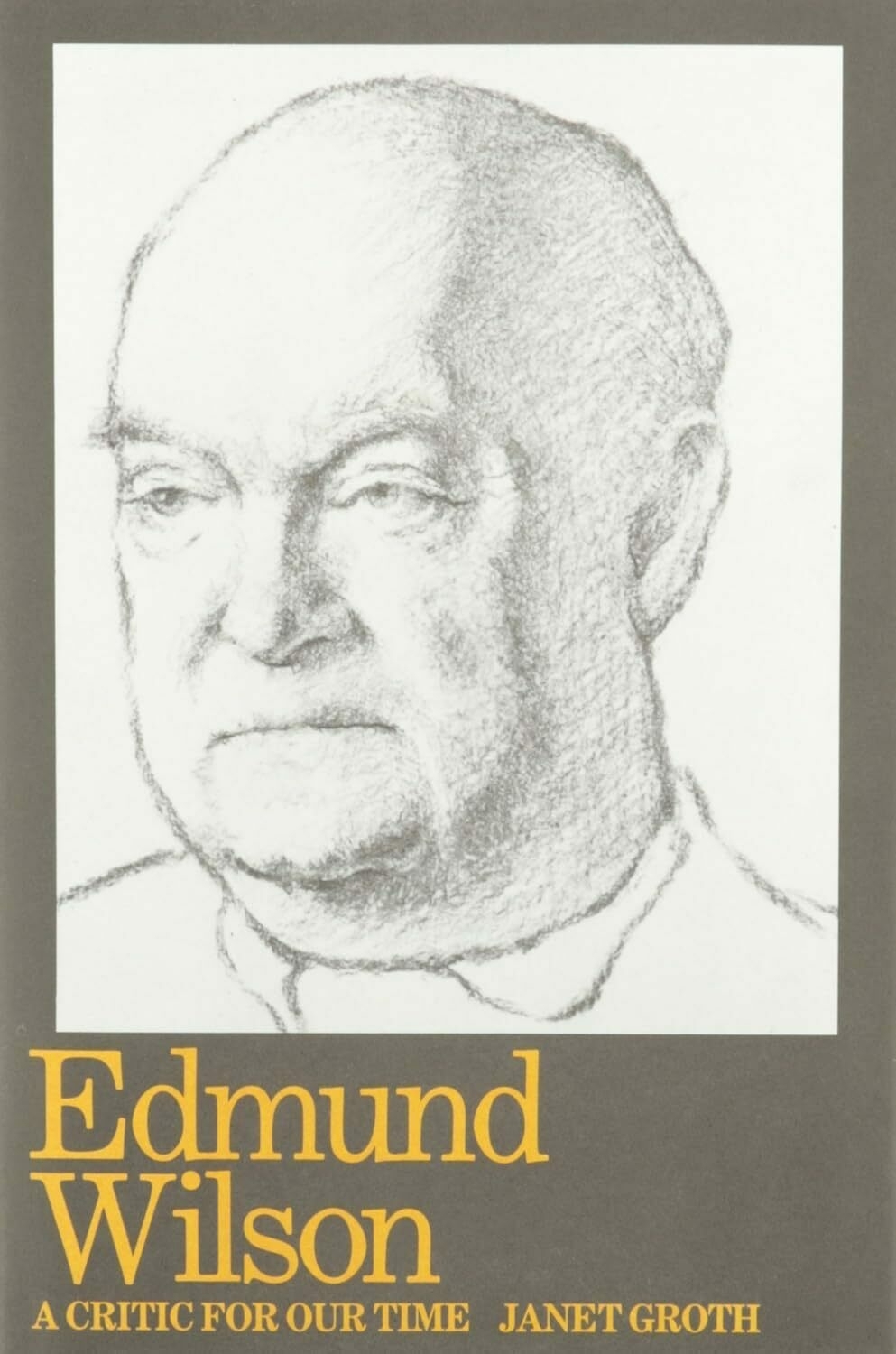On Edmund Wilson's Style and Career Path
· 2 min read

I’ve been reading Janet Groth’s excellent book Edmund Wilson: Critic for Our Time and have encountered her description of Wilson’s prose style that accounts for both why I enjoy reading Wilson and what I aspire to in my own writing (still a long way to go on that front). I’m going to piece together sentences from several of Groth’s pages in Chapter Two for the purpose of condensation. His prose style:
- exhibits a lesser degree of formality than academic writing. "I can't write the jargon of critical quarterlies," Wilson says;
- is "well written, intensely felt, pungent, terse";
- has "color and rhythm";
- should be "highly personal";
- should bear the eighteenth-century qualities of "lucidity, force, and ease";
- uses Voltaire as a model and is "intended to provide a nondidactice, neutral medium that will allow the free play of the intellect over the subject at hand".
Brilliant. I wish I'd had that paragraph much earlier in my writing life--I would have save the drafts of some of the articles I published on websites that no longer exist. Still -- perhaps it's not too late to start.
